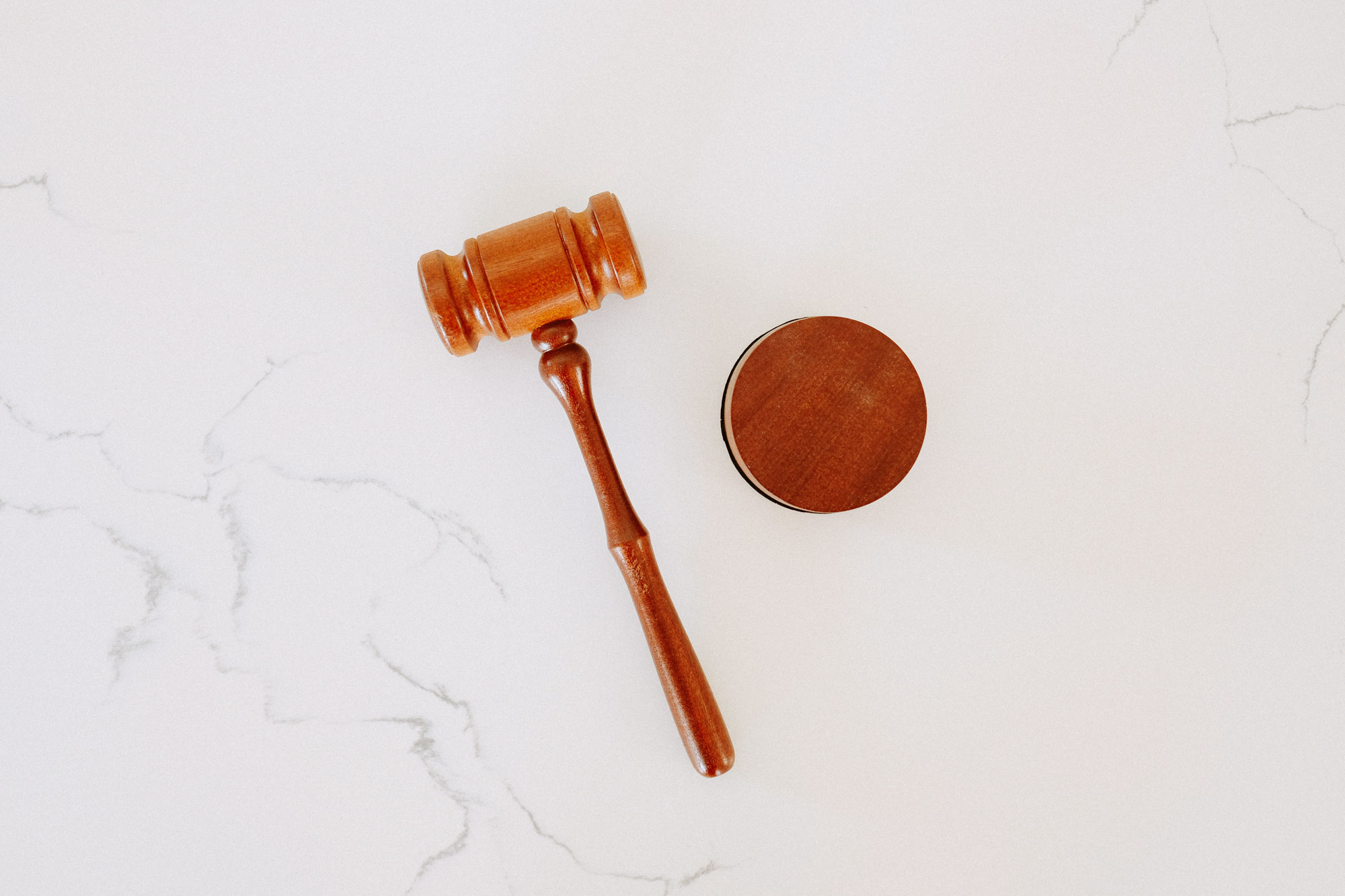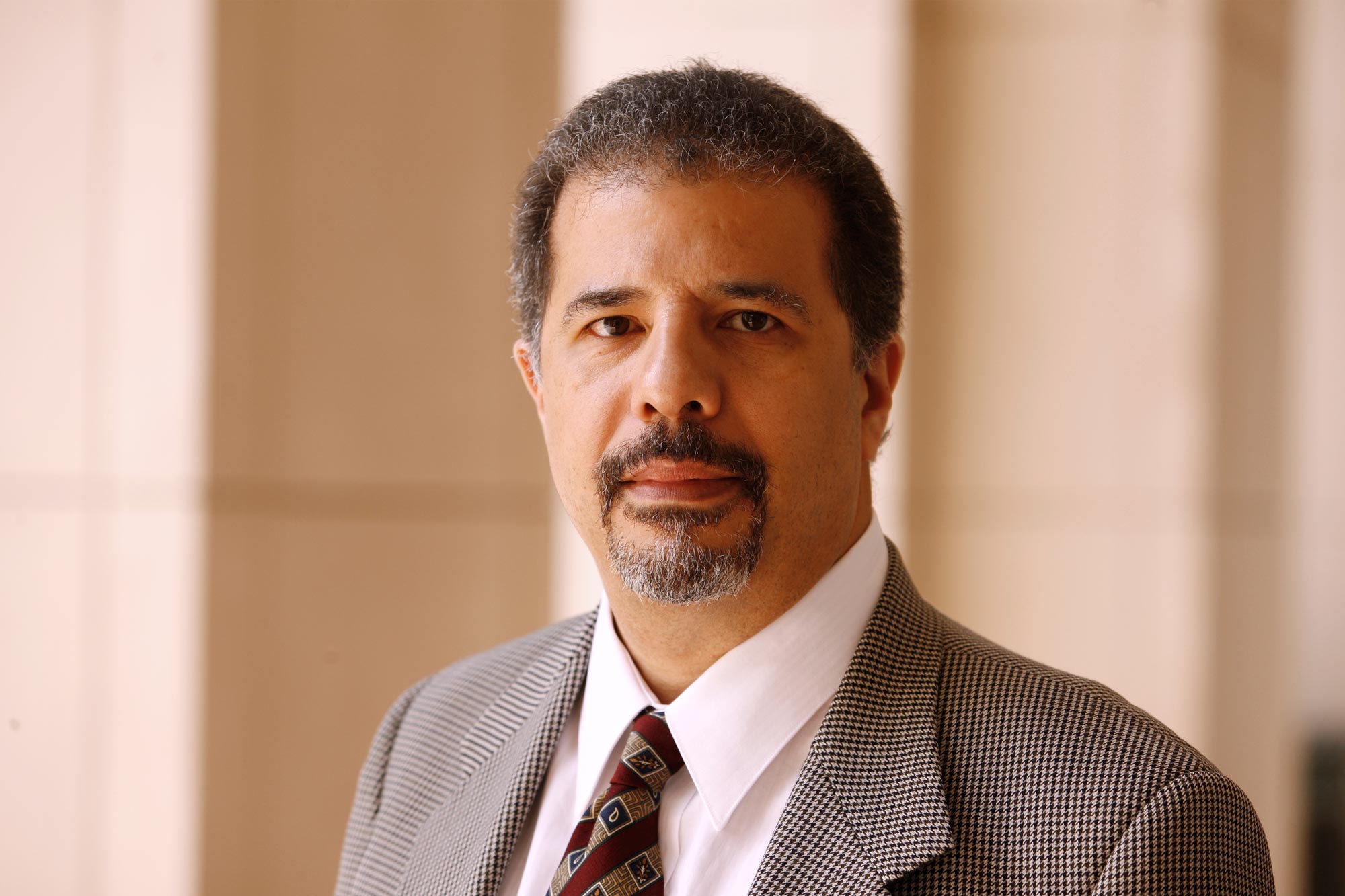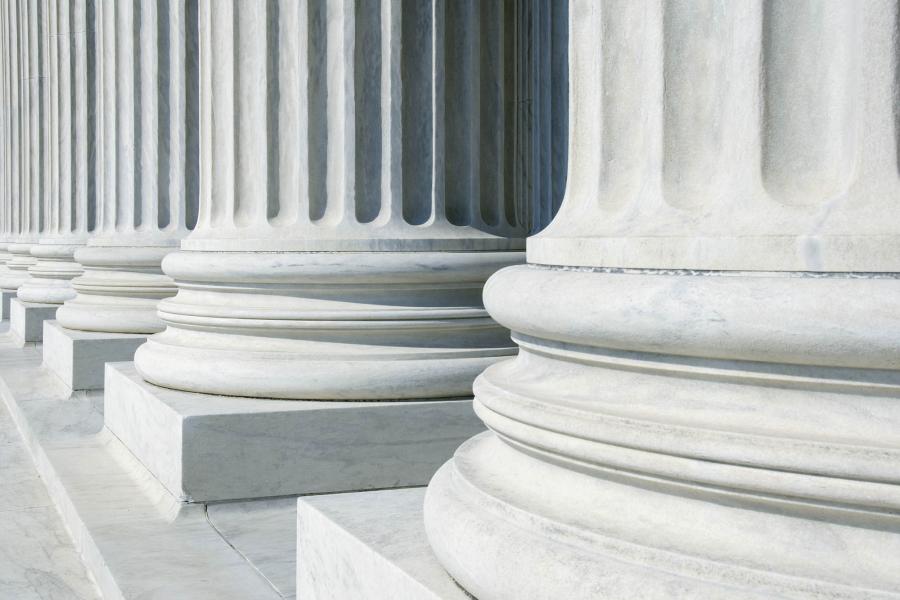UVA President Jim Ryan and Provost Ian Baucom issued a statement to University students, faculty, staff and foundations Friday, ahead of Monday’s hearing.
“Regardless of the court’s ruling, we will remain steadfast in our commitment to make diversity a core part of the educational experience at UVA, and will strive to do all we can, within the bounds of the law, to continue to admit and recruit a widely diverse student body,” they wrote.
Why The Court Has Agreed To Hear the Cases
“I speculate that the court’s conservative supermajority wants to overturn Grutter,” Forde-Mazrui said. “If you look at the conservative justices, they are all likely against affirmative action. We don’t know for sure about some of the newer justices, but we know Samuel Alito, Clarence Thomas and John Roberts, they all voted to strike down affirmative action in the Fisher case.”
In 2016 in Fisher v. University of Texas, the Supreme Court in a 4-3 vote held that the school’s race-conscious undergraduate admissions policy did not violate the equal protection clause. Alito, Thomas and Roberts dissented. Elena Kagan recused herself due to conflict and Antonin Scalia died shortly before the ruling.
What’s at Stake?
If the court rules in favor of the plaintiffs this term, what will be the result?
“Schools will be scrambling to do what many universities have actually already had to do,” Forde-Mazrui said. “There are several states that have already banned affirmative action,” including California, Washington, Michigan and Florida.
“Universities in these states have come up with ways to attempt to admit fairly diverse classes through race-neutral criteria, such as looking more to socioeconomic disadvantage and personal essays that describe unusual or challenging backgrounds and experiences,” he said. “The level of racial diversity at such schools, however, has not been as robust as it would be if race could be considered.”
Forde-Mazrui said he continues to be disappointed that the primary justification for affirmative action in the legal landscape is diversity.
“I believe that a more important justification is correcting inequalities that stem from our discriminatory history, but the court has made diversity the only legally viable justification,” he said. “It’s not racial favoritism. It’s racial egalitarianism that motivates affirmative action,” in his legal opinion.
A vote for the plaintiffs would overturn 40 years of previous rulings that found race could be one of several factors when considering college applicants. The court is expected to issue its rulings in the spring or summer of next year.




